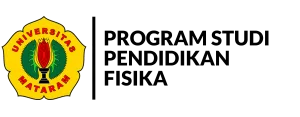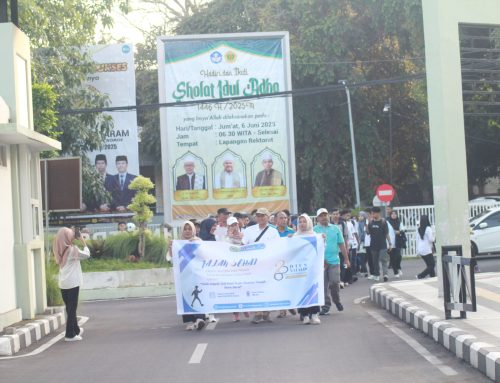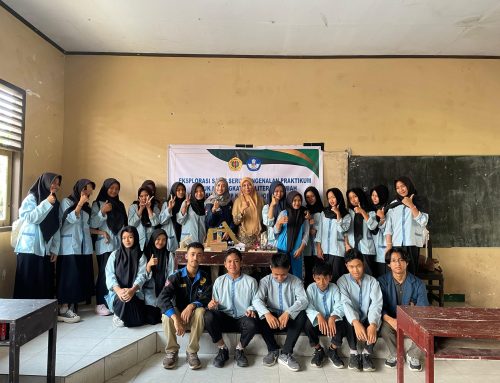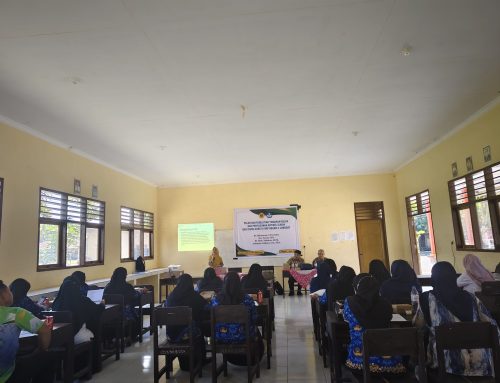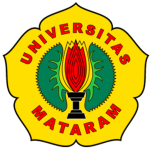Mataram, October 18, 2024—The Faculty of Teacher Training and Education (FKIP) at the University of Mataram once again held its highly anticipated annual event, the Physics Education Festival 2024. This event aims to foster creativity, innovation, and student competency in the field of physics education.
The two-day event was filled with various exciting activities, including inspirational webinars, scientific paper competitions, and exhibitions of creative physics projects. One of the highlights was a webinar themed “Innovations in Physics Education in the Digital Era,” featuring expert speakers from various fields to discuss the role of technology in enhancing the effectiveness of physics education.
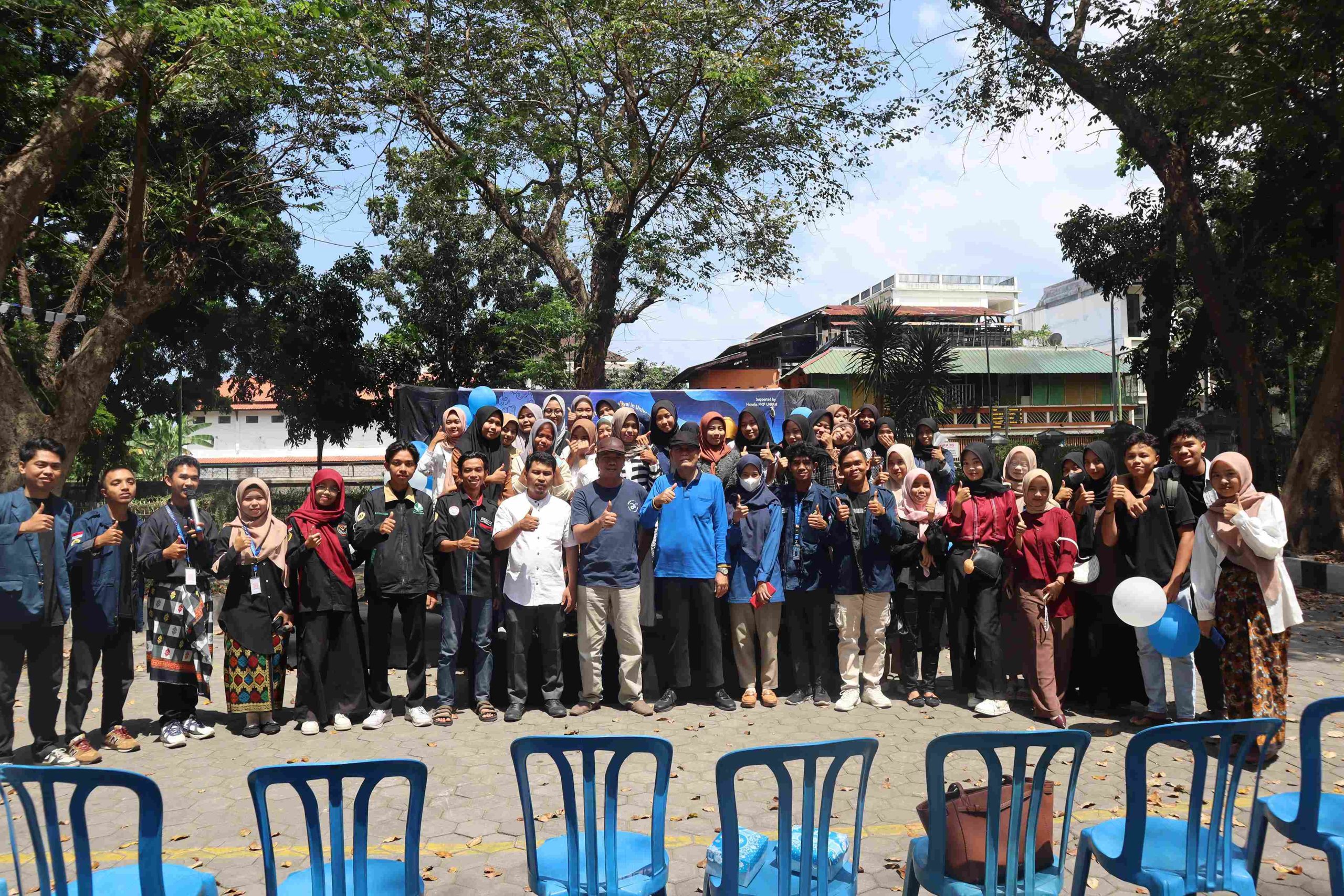
The scientific paper competition was equally captivating. Students competed to showcase their research and creative physics projects, ranging from digital-based learning technologies to innovative solutions for enjoyable physics education in schools. These works were judged based on originality, scientific accuracy, and their potential application in the field of education.
The Physics Education Festival 2024 was not just a competition, but also an opportunity for students to discuss and share experiences regarding the challenges and opportunities in developing physics education in Indonesia. Through this festival, it is hoped that fresh ideas will emerge to inspire the younger generation to create innovations in the education sector, particularly in the field of physics.
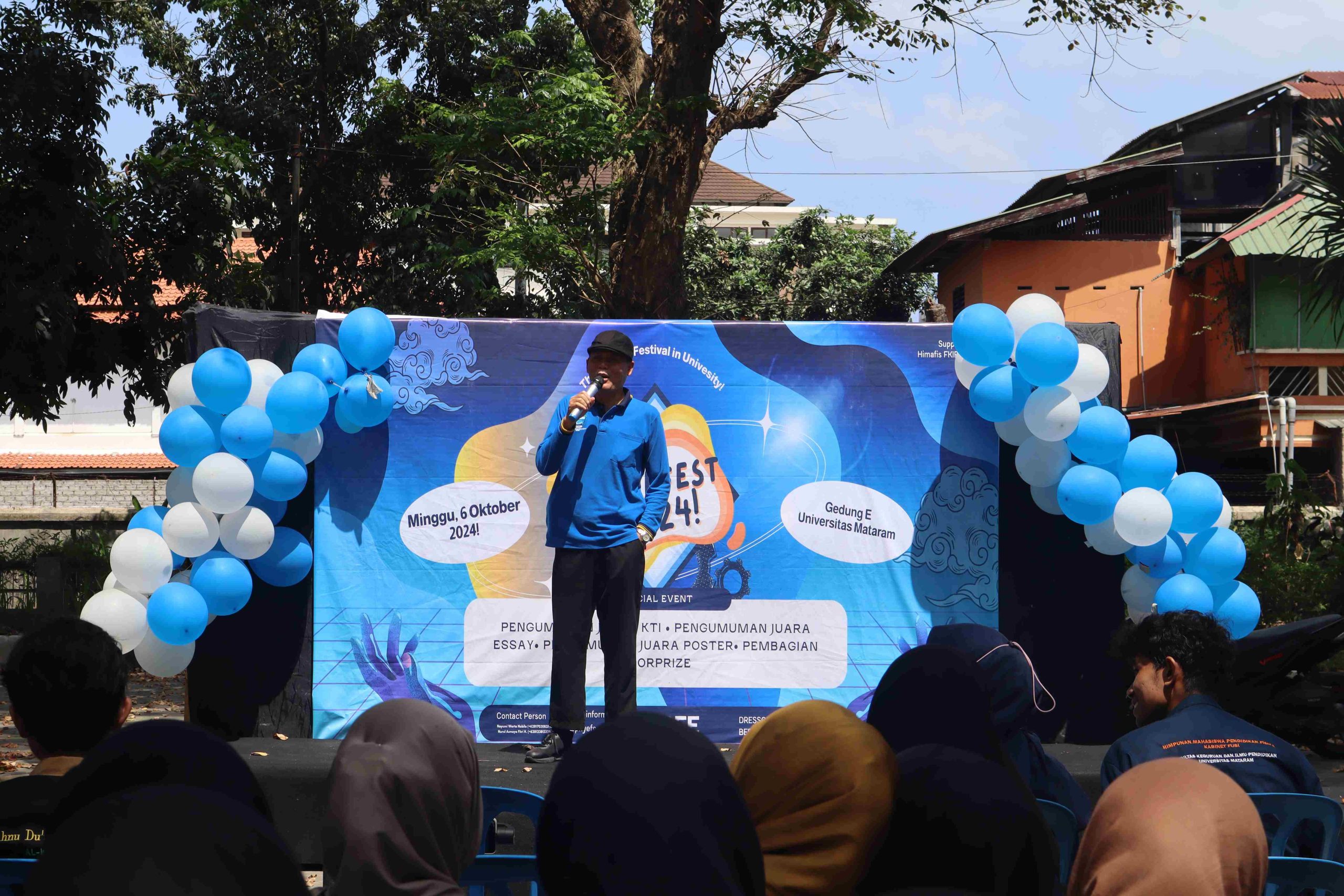
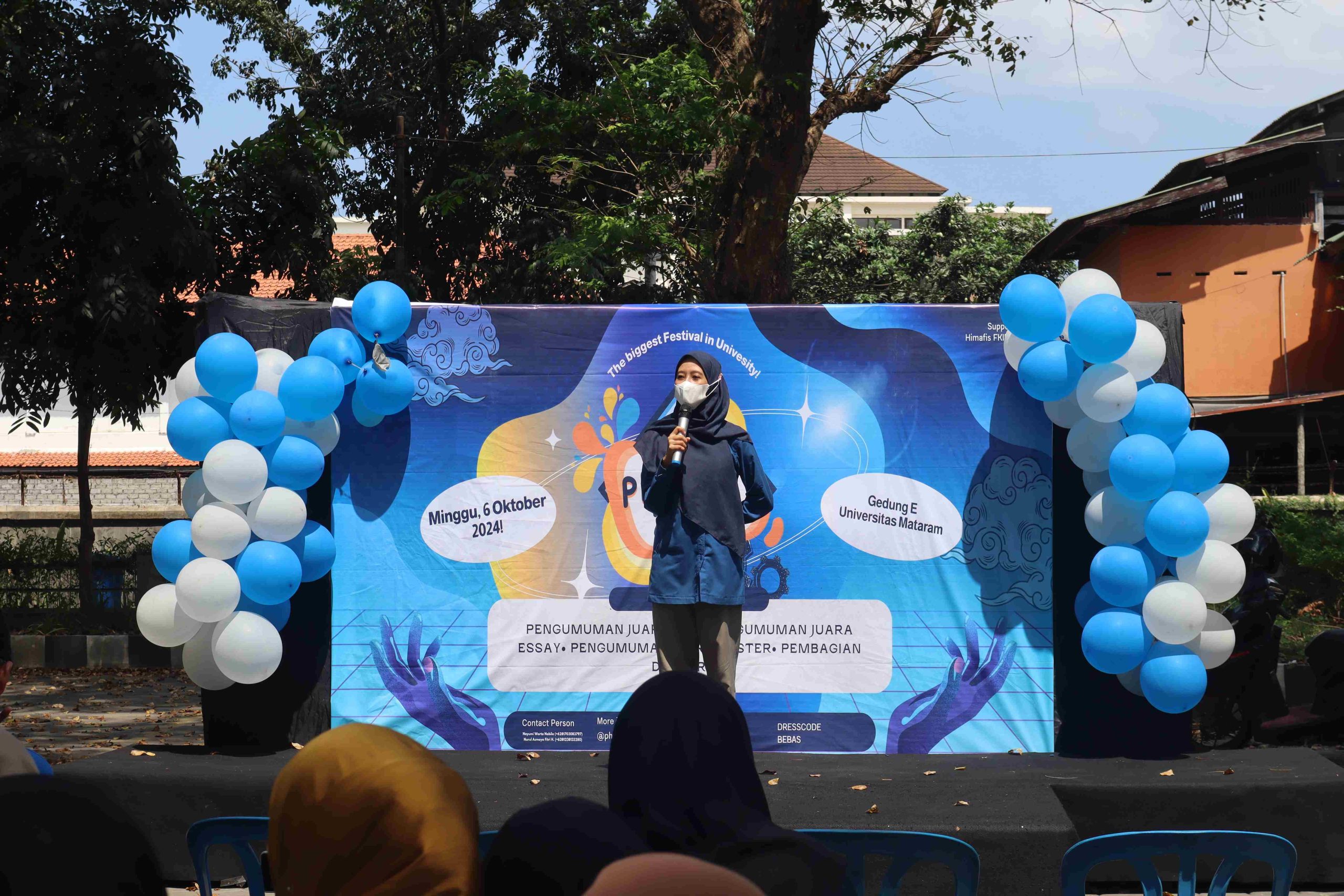
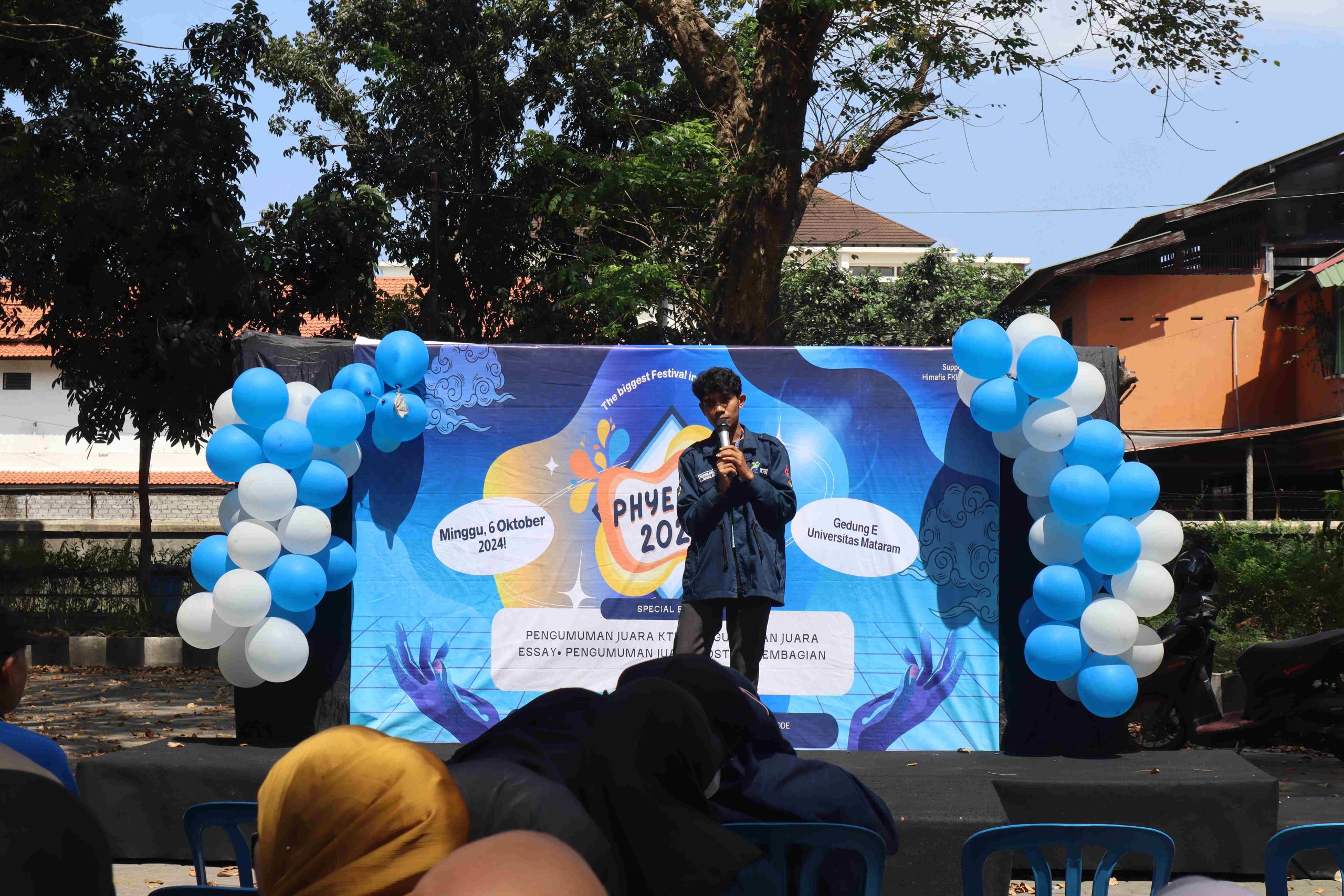
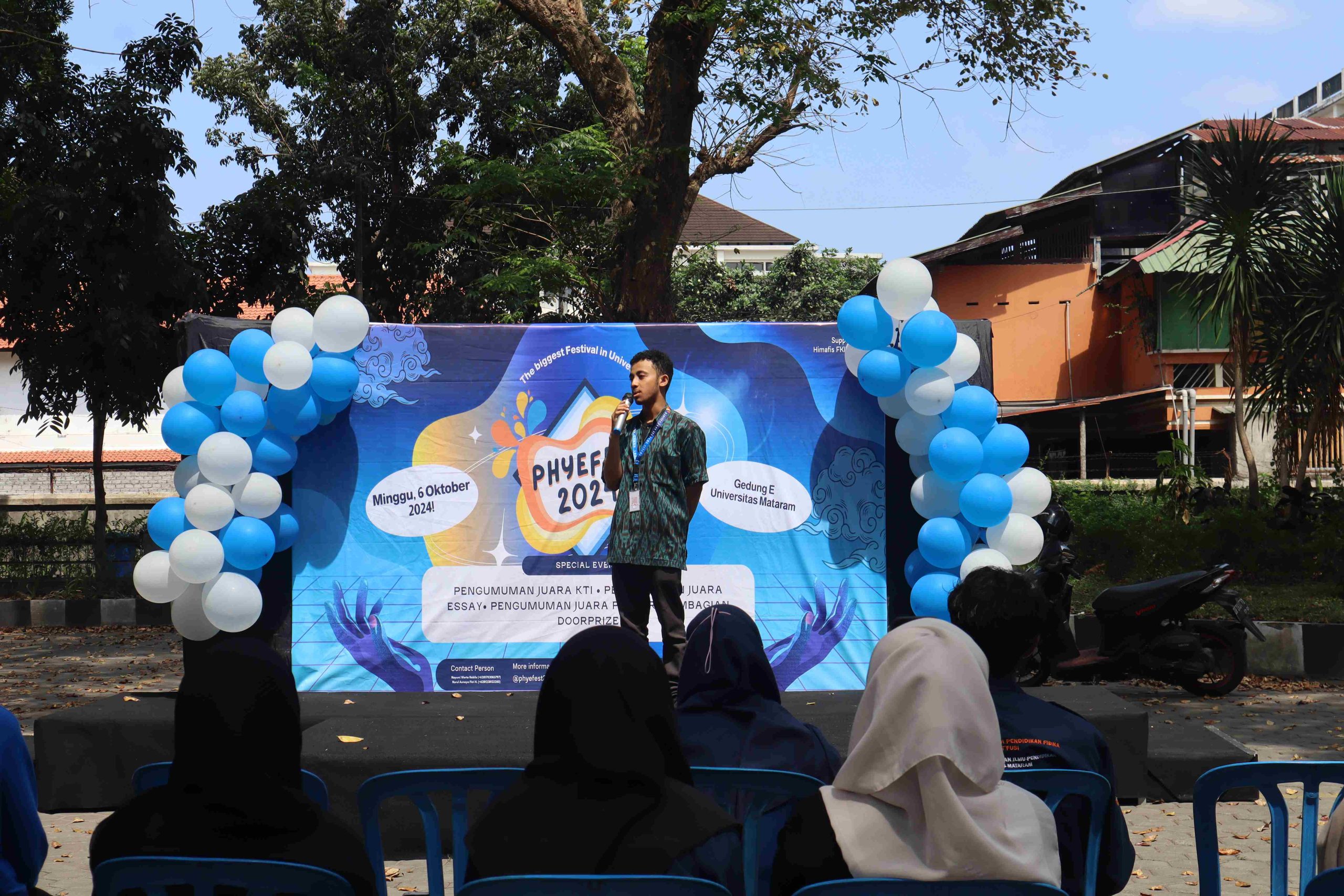
Interestingly, the event also featured an exhibition of student projects that utilized various physics approaches to create simple tools applicable to everyday life. Some of the showcased projects included solar panel-based electricity meters and interactive learning simulations using augmented reality technology. These projects not only demonstrated the students’ creativity but also highlighted the potential application of physics in real-world solutions.
The Physics Education Festival 2024 successfully served as a platform for students to express their interest and talents in the field of physics. It also became an opportunity to strengthen collaboration between students, lecturers, and education experts in jointly creating more innovative and relevant learning methods aligned with technological advancements in the modern era.
